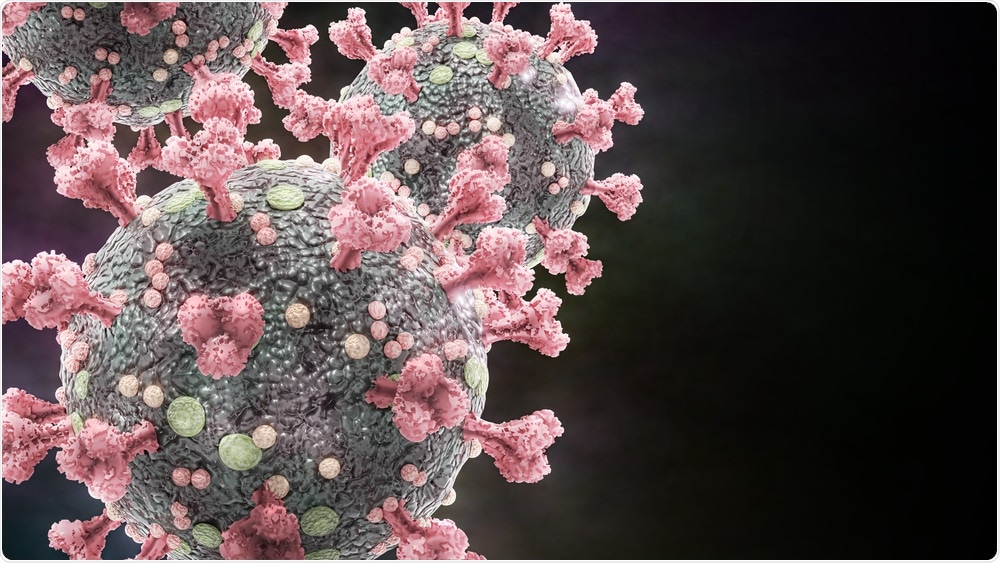In May 2020, a Seattle fishing vessel exited a port and returned 18 days later with a strange haul—the first-ever human proof that neutralizing antibodies offer protection from being re-infected by SARS-CoV-2.

Image Credit: Dotted Yeti/Shutterstock.com
The study has been reported in the Journal of Clinical Microbiology—a publication of the American Society for Microbiology.
When SARS-CoV-2 swept the fishing vessel, it infected a total of 104 among 122 individuals who were on board, except for three people. Before embarking, these three people tested positive for neutralizing antibodies to the virus and continued to remain healthy both during and after the voyage.
These antibodies likely protect people from being reinfected. The titers found in these 3 individuals look like they’re attainable with the vaccines under study. I’m optimistic about the vaccine.”
Alex Greninger, MD, PhD, Study Corresponding Author and Assistant Director of Clinical Virology, University of Washington Medical Center
Greninger made these observations by referring to the data resulting from the clinical trials (a titer is the measurement of antibodies found in blood).
In spite of having just three individuals in the protected group, the high proportion of those on board who became infected with the virus—over 85%—made the results highly statistically important, added Dr Greninger.
But there was one disappointment in the data—the high number of crew members infected “suggests that any pre-existing cross-reactive immunity caused by prior infection from other seasonal coronaviruses (such as cold viruses) provides limited protection against SARS-CoV-2 infection,” stated the report.
The team tested the crewmembers before the fishing voyage in an attempt to maintain the vessel free from coronavirus, and they retested the crewmembers once they returned to the port.
Testing involved using reverse transcriptase polymerase chain reaction, or RT-PCR for short, which can identify the viral genetic material, signifying current infection. One major barrier in this approach is that certain remaining genetic materials may continue to persist for weeks even after an infection has decreased.
The team also tested the crew members with an assay that identifies antibodies against the viral nucleoprotein, which can denote lasting resistance after infection. The viral nucleoprotein covers part of the viral genetic material of SARS-CoV-2.
The crewmembers, who tested positive for anti-nucleoprotein antibodies, were additionally tested for anti-spike protein antibodies. Spike proteins are used by the virus to penetrate the human cells.
Source:
Journal reference:
Addetia, A., et al. (2020) Neutralizing antibodies correlate with protection from SARS-CoV-2 in humans during a fishery vessel outbreak with high attack rate. Journal of Clinical Microbiology. doi.org/10.1128/JCM.02107-20.